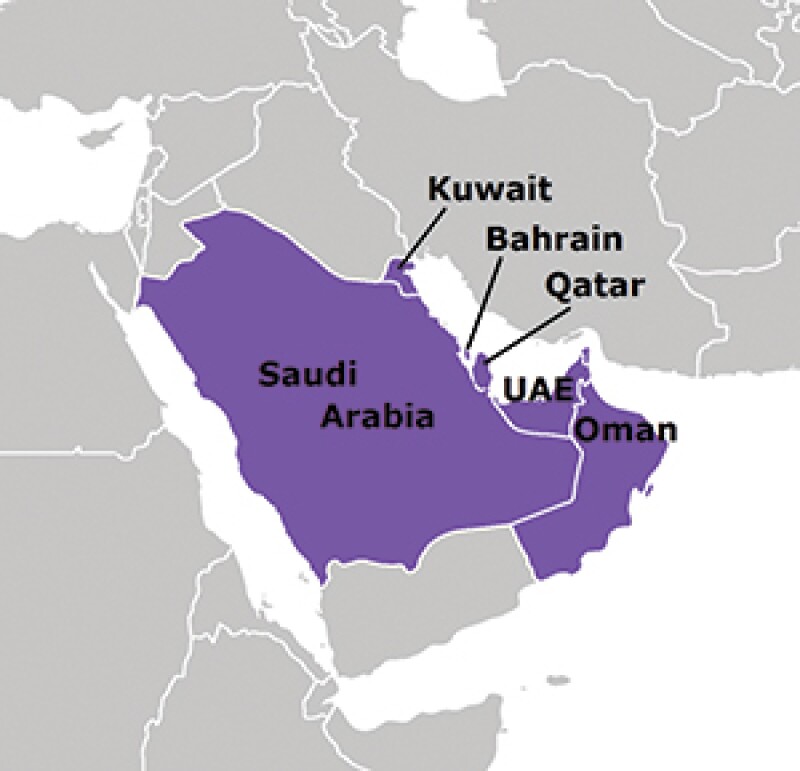
|
The Gulf Cooperation Council (GCC) is a new entry this year |
A new entrant for this year is the Gulf Cooperation Council (GCC), which is changing the tax landscape of the Middle East forever.
The council is made up of six member states, namely the United Arab Emirates, Bahrain, Saudi Arabia, Oman, Qatar, and Kuwait. It was established in 1981 to join the six states in a framework fostering effective coordination, integration and inter-connection in all fields in order to achieve unity, according to Article 4 of the GCC Charter.
In 2016, the member states finally agreed to introduce a VAT regime to plug revenue gaps created from the fall in oil prices. Over the year, a multilateral agreement was concluded in principle to implement VAT, and each country has worked towards developing the structure, compliance requirements and rates of the new VAT regime. This big change has put the GCC firmly on the tax map and in this year's Global Tax 50. But this is only the beginning. Businesses worldwide are paying attention to what is happening as this VAT regime may be the first of several tax regimes that could be introduced in the region over the coming years to sustain tax revenues.
So far this year, all six member states have committed to introducing VAT from January 1 2018, at a rate of 5%. All member states will have a VAT by the beginning of 2019 and companies are gearing up for the change.
The progressive implementation of VAT throughout the GCC from January 1 2018 marks the "start of some of the most exciting, dramatic and far-reaching socioeconomic changes in the region since the discovery of oil reserves in commercial quantities during the 1960s", said Justin Whitehouse, Deloitte Middle East indirect tax leader.
The Global Tax 50 2016 |
|
|---|---|
The top 10 • Ranked in order of influence |
|
2. The International Consortium of Investigative Journalists |
|
3. Brexit |
4. Arun Jaitley |
5. Jacob Lew |
|
10. Donald Trump |
|
The remaining 40 • In alphabetic order |
|









